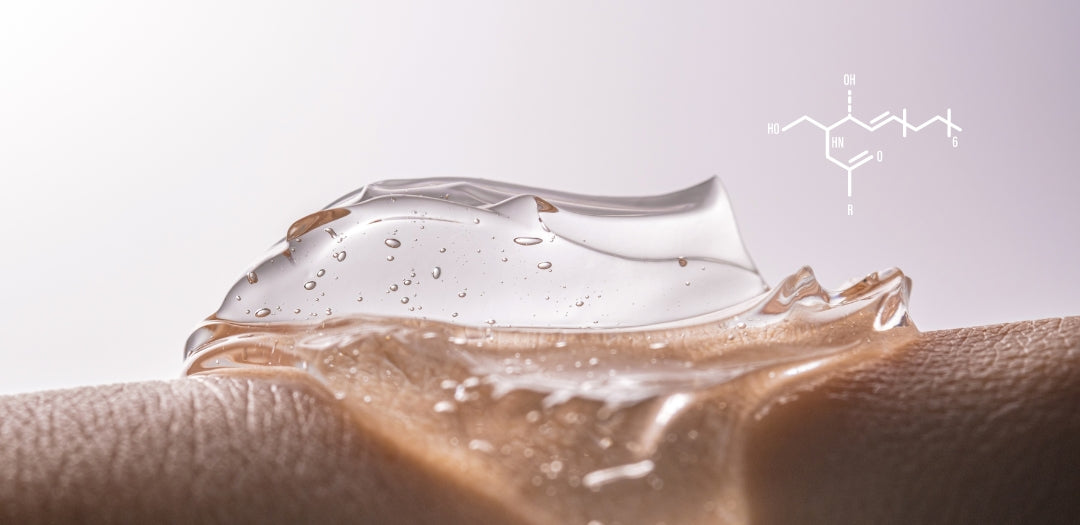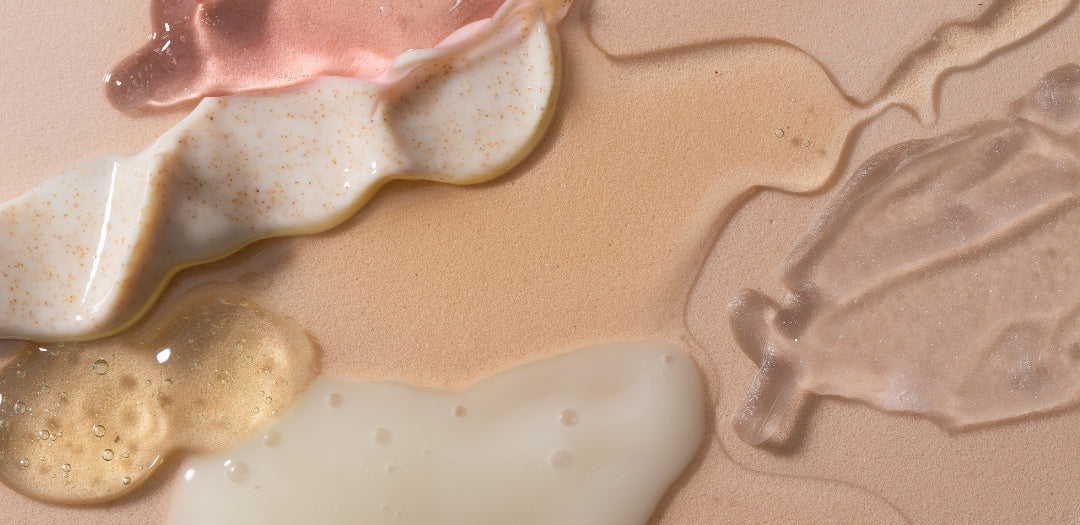When it comes to skincare, there are countless products on the market promising to deliver youthful, radiant skin. But amidst the sea of creams, serums, and masks, there is one ingredient that stands out for its remarkable benefits: ceramides.
What are ceramides?
Ceramides are a type of lipid, or fat, that are naturally found in the skin. They make up about 50% of the skin's outermost layer, the stratum corneum, and play a vital role in maintaining a healthy skin barrier.
The skin barrier is a protective layer that helps to keep moisture in and harmful substances out. It is made up of a variety of different components, including ceramides, fatty acids, and proteins. When the skin barrier is healthy, it is strong and resilient. However, when the skin barrier is damaged, it can become dry, itchy, and irritated.
How do ceramides work?
Ceramides work by filling in the gaps between skin cells. This helps to create a strong and impenetrable barrier that prevents moisture loss and keeps harmful substances out. Ceramides also help to regulate the skin's natural moisture levels. This is important because dry skin is more likely to become damaged and irritated.
In addition to their role in maintaining a healthy skin barrier, ceramides also play a role in other important skin functions, such as:
- Wound healing: Ceramides help to promote wound healing by stimulating the growth of new skin cells.
- Inflammation: Ceramides help to reduce inflammation by blocking the production of inflammatory chemicals.
- Protection from the sun: Ceramides help to protect the skin from the sun's harmful UV rays.
- Anti-aging: Ceramides help to reduce the appearance of wrinkles and fine lines by plumping up the skin and making it look smoother.
Why is it important to have enough ceramides in your skin?

Ceramides are a multitasker. These are just a few things they help the skin with:
- Keep the skin hydrated
- Protect the skin from damage
- Reduce inflammation
- Improve the appearance of wrinkles and fine lines
- Promote wound healing
- Reduce the risk of infection
As we age, our skin naturally produces less ceramides. This can lead to a number of skin problems, such as dryness, itching, and irritation. It can also make the skin more susceptible to damage from the sun and other environmental factors.
To help keep your skin healthy, it is important to use a moisturizer that contains ceramides. You can also increase your intake of omega-3 fatty acids, which are the building blocks of ceramides. These fatty acids can be found in foods such as fish, nuts, and seeds.
Ceramides are an important part of a healthy skin barrier. By keeping the skin hydrated, protected, and healthy, ceramides can help to improve the appearance of your skin and reduce your risk of developing skin problems.


 Beat The Sun Sunscreen
Beat The Sun Sunscreen Water Dam Moisturiser
Water Dam Moisturiser Ray Away Sunstick
Ray Away Sunstick Daily Afftermation Serum
Daily Afftermation Serum Bundles
Bundles


